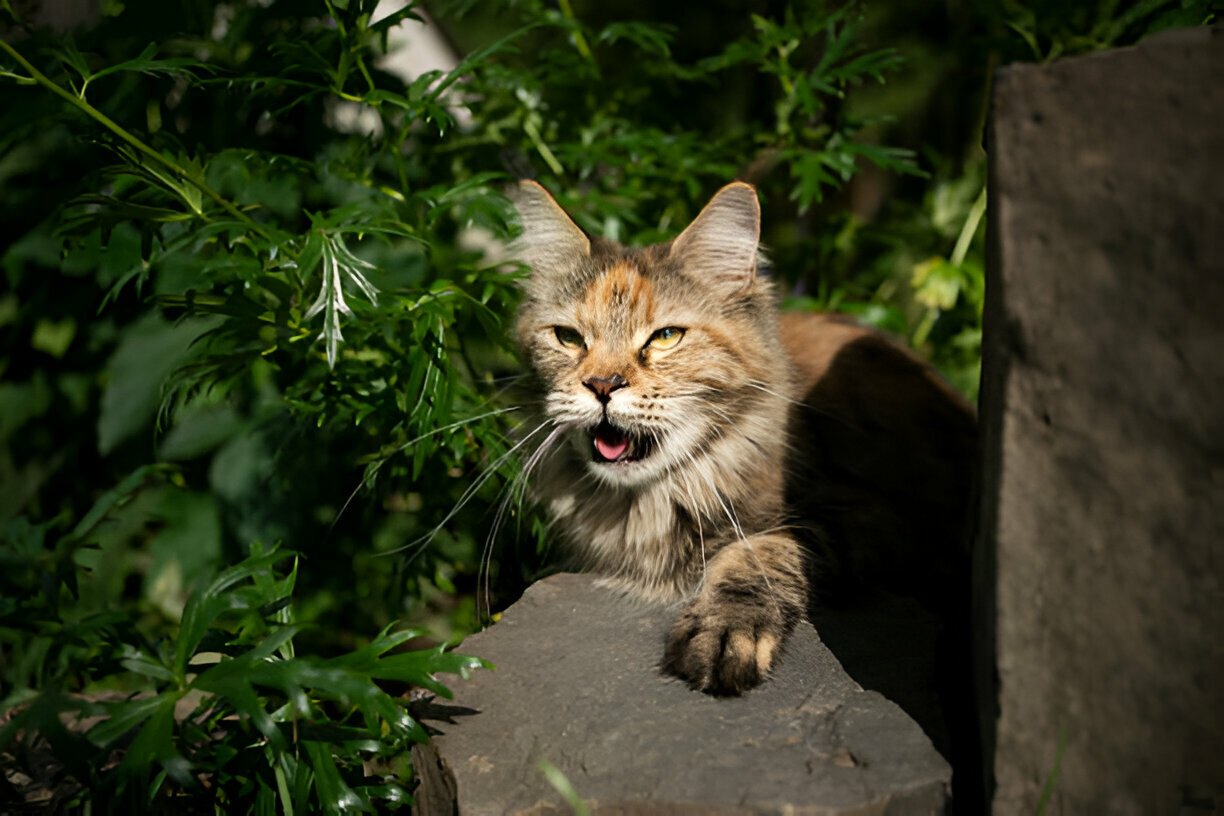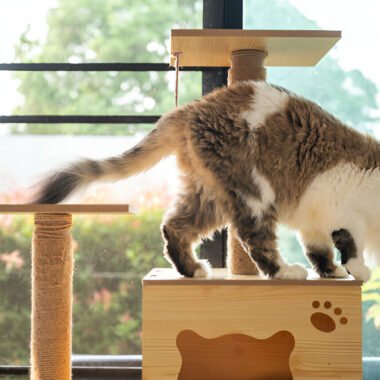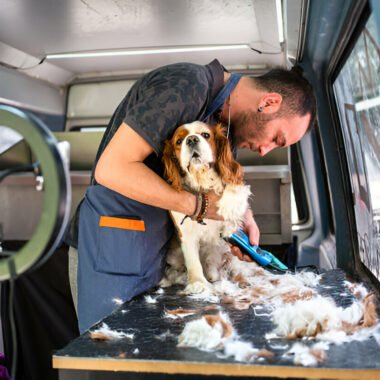Table of Contents
How Long Are Cats in Heat?
Cats are fascinating creatures with unique behaviors, and one of the most notable behaviors is their heat cycles. Understanding the duration of a cat’s heat cycle is crucial for cat owners to ensure the well-being of their pets and to manage any potential breeding concerns.
Introduction to Cat Heat Cycles
Before diving into the specifics of how long cats stay in heat, it’s essential to grasp the basics of feline reproduction. Unlike humans, who have menstrual cycles, female cats experience heat cycles, also known as estrus cycles.
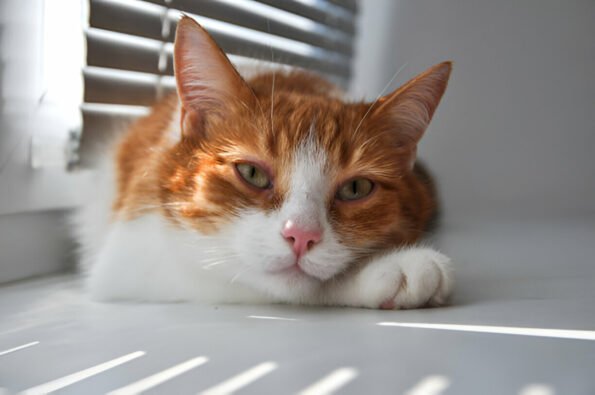
Understanding Feline Reproduction
What Triggers Heat Cycles in Cats?
The onset of a cat’s heat cycle is influenced by various factors, including age, season, and the presence of other cats in the vicinity. Typically, female cats reach sexual maturity between five and nine months of age.
Duration of a Cat’s Heat Cycle
Stages of a Cat’s Heat Cycle
A typical heat cycle in cats consists of several stages, including proestrus, estrus, and diestrus. Proestrus is the preparatory phase, during which the cat exhibits subtle behavioral changes. Estrus is the mating phase when the cat is most receptive to mating. Diestrus follows, characterized by a period of sexual inactivity if mating does not occur.
Signs and Symptoms of a Cat in Heat
Behavioral Changes
When a cat is in heat, she may display various behavioral changes, such as increased vocalization, restlessness, affection-seeking behavior, and rubbing against objects.
Physical Changes
Physically, a cat in heat may exhibit signs such as a swollen vulva, increased grooming of the genital area, and assuming a mating position when approached.
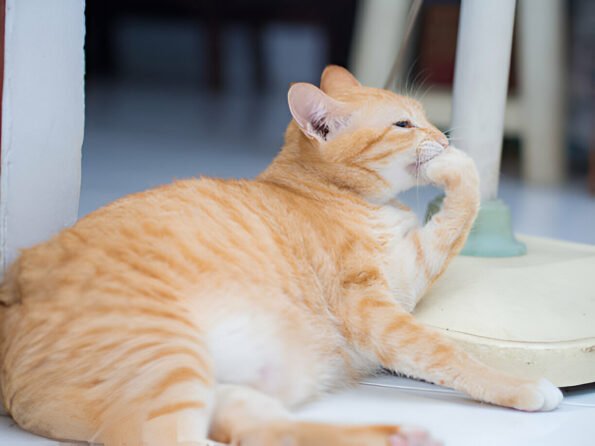
How Long Do Cats Stay in Heat?
The duration of a cat’s heat cycle can vary depending on several factors, including breed, age, and individual differences. On average, a cat’s heat cycle can last anywhere from five to ten days. However, some cats may experience shorter or longer heat cycles.
Factors Influencing the Length of a Cat’s Heat Cycle
Several factors can influence the length of a cat’s heat cycle, including hormonal fluctuations, environmental factors, and the presence of male cats in the vicinity.
Dealing with a Cat in Heat
Spaying
One of the most effective ways to prevent heat cycles in cats is through spaying, a surgical procedure that removes the ovaries. Spaying not only prevents unwanted pregnancies but also offers health benefits for female cats, such as reducing the risk of certain reproductive cancers.
Environmental Enrichment
Providing environmental enrichment, such as interactive toys, scratching posts, and engaging play sessions, can help distract a cat in heat and alleviate some of her behavioral symptoms.
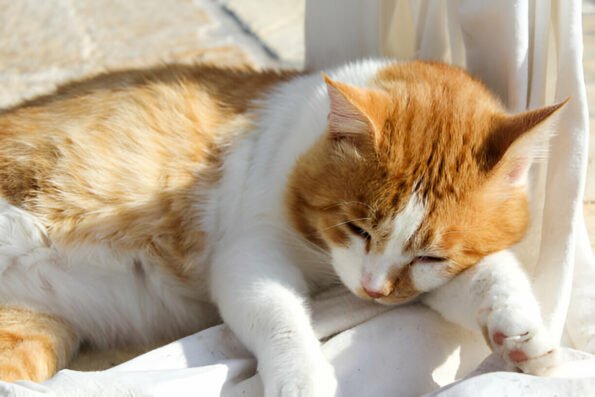
Frequently Asked Questions about Cats in Heat
FAQ 1: Can cats get pregnant during their first heat cycle?
Yes, cats can get pregnant during their first heat cycle, so it’s essential to spay them early to prevent unwanted pregnancies.
FAQ 2: How often do cats go into heat?
Cats typically go into heat every two to three weeks during the breeding season, which can vary depending on factors such as daylight hours and temperature.
FAQ 3: Can a spayed cat still go into heat?
No, spaying prevents cats from going into heat by removing their reproductive organs responsible for hormone production.
FAQ 4: Do male cats go into heat?
No, male cats do not go into heat like females. Instead, they are capable of mating throughout the year once they reach sexual maturity.
FAQ 5: How can I calm my cat when she’s in heat?
Providing a calm and comfortable environment, offering plenty of attention and affection, and using pheromone products designed to reduce stress can help calm a cat when she’s in heat.
Conclusion
Understanding the duration of a cat’s heat cycle is essential for cat owners to provide appropriate care and prevent unwanted pregnancies. By recognizing the signs and symptoms of a cat in heat and implementing strategies to manage her behavior, owners can ensure the well-being of their feline companions.

